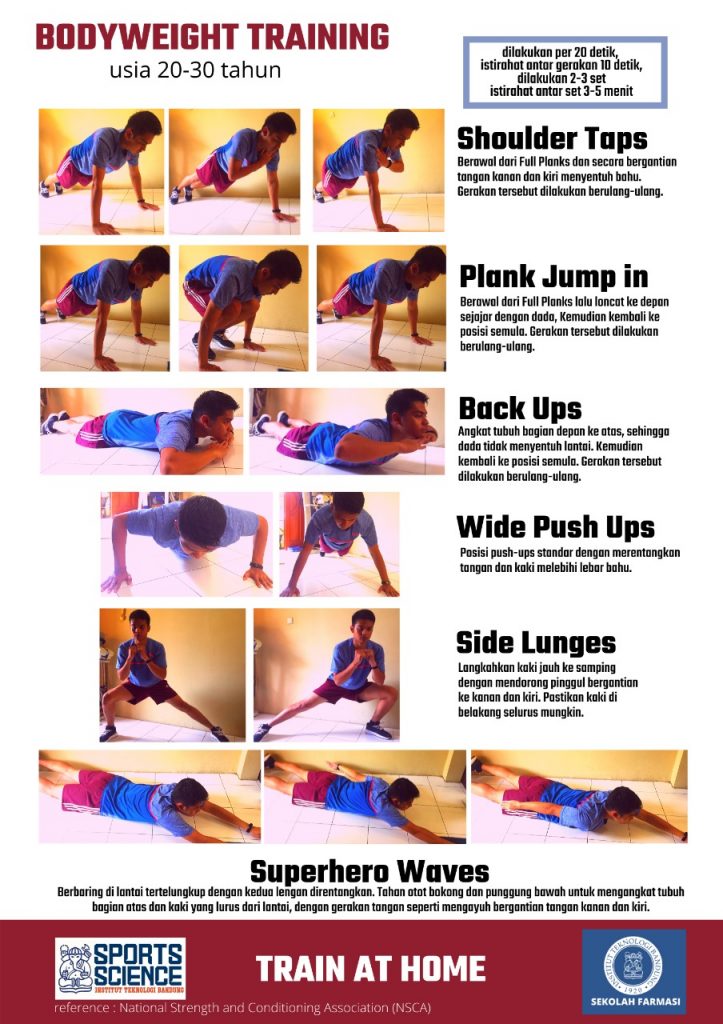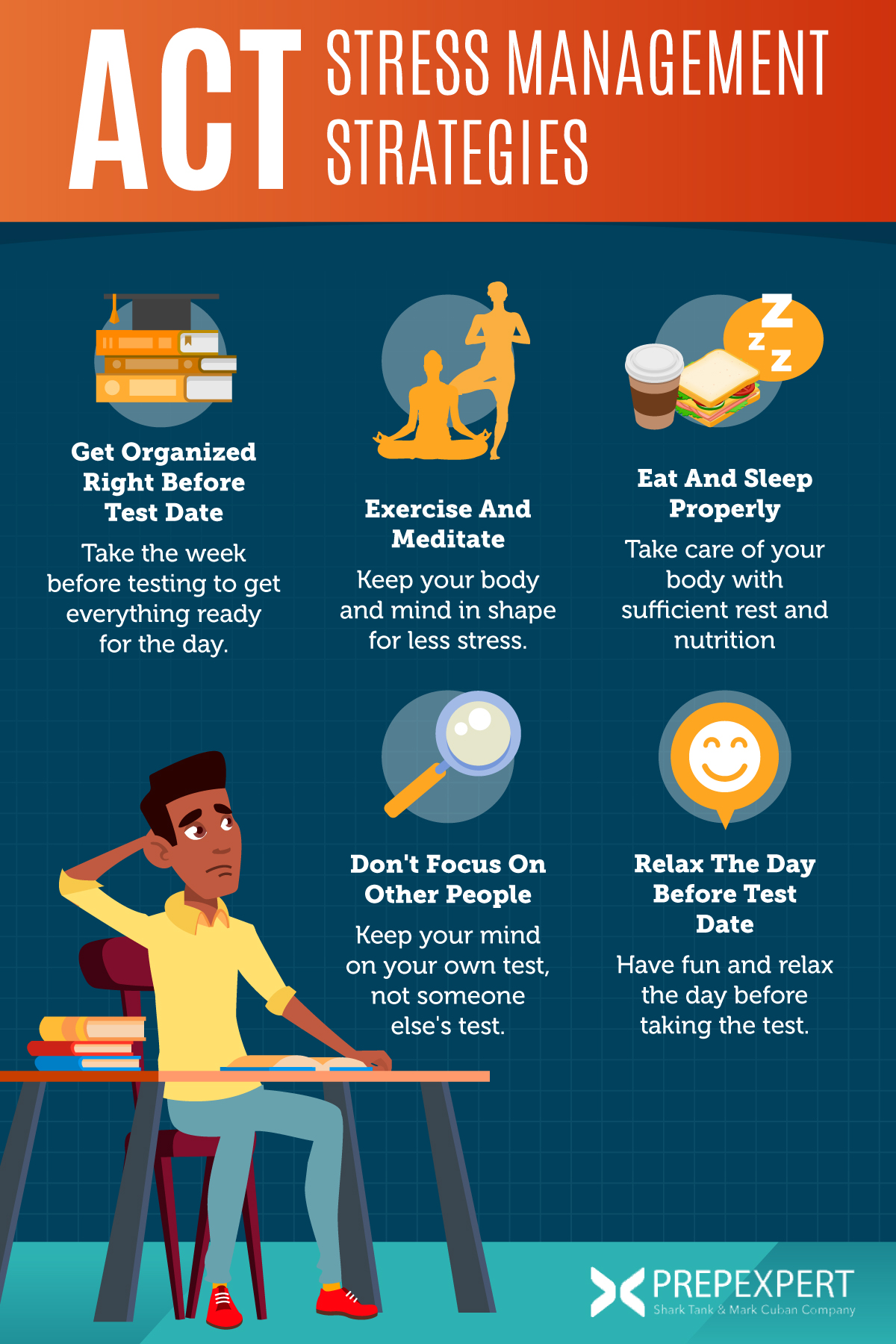
The Importance of Digestive Well-being: Unveiling the Secrets to Gut Health

The Importance of Digestive Well-being: Unveiling the Secrets to Gut Health
In the quest for overall health and well-being, one aspect often overlooked is the health of our digestive system. The gut, a complex network of organs, plays a crucial role in nutrient absorption, immune function, and overall vitality. Let’s delve into the intricacies of gut health and explore ways to optimize this often-underestimated aspect of our well-being.
Understanding the Gut Microbiome: The Microscopic Ecosystem
At the core of gut health lies the microbiome—a vast community of trillions of microorganisms residing in our digestive tract. This microscopic ecosystem consists of bacteria, viruses, fungi, and other microbes that work in harmony to maintain a delicate balance. The diversity and composition of this microbiome play a pivotal role in influencing our health, from digestion to mental well-being.
The Gut-Brain Connection: How Your Stomach Talks to Your Mind
Beyond its digestive functions, the gut is intricately connected to the brain through the gut-brain axis. This bidirectional communication system allows the gut to send signals to the brain, influencing mood, cognition, and even behavior. Conversely, the brain can impact the gut’s function, emphasizing the crucial link between emotional well-being and digestive health.
Factors Affecting Gut Health: Diet, Lifestyle, and Stress
Numerous factors can impact the delicate balance of the gut microbiome. Unhealthy dietary choices, such as excessive consumption of processed foods and sugars, can disrupt this balance and lead to an overgrowth of harmful bacteria. Sedentary lifestyles and chronic stress further contribute to gut imbalances, highlighting the importance of adopting a holistic approach to well-being.
Promoting Gut Health Through Nutrition: The Role of Probiotics and Fiber
One key strategy for optimizing gut health is incorporating probiotics into your diet. Probiotics are beneficial bacteria that promote a healthy balance in the gut microbiome. Foods like yogurt, kefir, sauerkraut, and kimchi are rich sources of probiotics and can contribute to a thriving gut environment. Additionally, a fiber-rich diet supports the growth of beneficial bacteria, fostering a diverse and resilient microbiome.
Gut Health and Immune Function: Strengthening Your Body’s Defense System
A robust immune system is closely linked to a healthy gut. The gut microbiome plays a vital role in training and supporting the immune system, helping it distinguish between friend and foe. By maintaining a balanced and diverse gut microbiome through proper nutrition and lifestyle choices, you can fortify your body’s defense mechanisms against infections and diseases.
Gut Health Optimization: A Holistic Approach
To achieve optimal gut health, it’s essential to adopt a holistic approach that addresses various aspects of your lifestyle. Regular exercise, stress management techniques such as meditation, and a nutrient-dense diet all contribute to a flourishing gut environment. Additionally, staying hydrated and avoiding unnecessary antibiotic use whenever possible can further support the delicate balance of the gut microbiome.
Exploring Gut Health Products: Aiding Digestive Harmony
In recent years, an array of gut health products has emerged, ranging from probiotic supplements to digestive enzymes. While these can be beneficial for some individuals, it’s crucial to approach such products with caution. Consulting with a healthcare professional before incorporating them into your routine ensures that they align with your specific needs and health conditions.
Gut Health and Overall Well-being: A Lifelong Journey
Maintaining optimal gut health is not a one-time task but a lifelong journey. As we continue to unravel the intricate connections between the gut and various aspects of our health, it becomes evident that prioritizing digestive well-being is a fundamental step toward overall vitality. By nurturing your gut through mindful choices and a holistic approach, you lay the foundation for a healthier and happier life.
Discover More: Gut Health Optimization
For those seeking in-depth insights and personalized strategies to optimize gut health, explore the benefits of Gut Health Optimization at imexassociates.com. This resource offers valuable information and guidance to support your journey toward a thriving and balanced gut. Remember, a healthy gut is not just a key to digestion but a cornerstone of your overall well-being.












